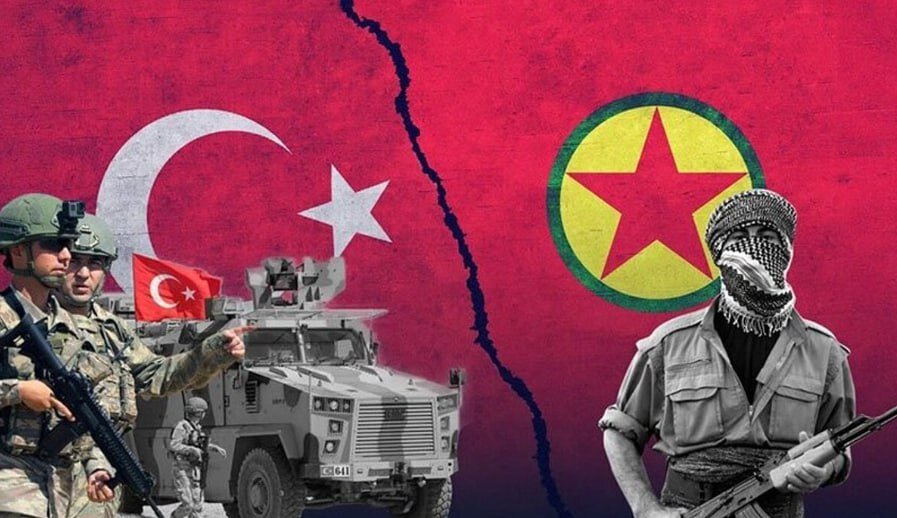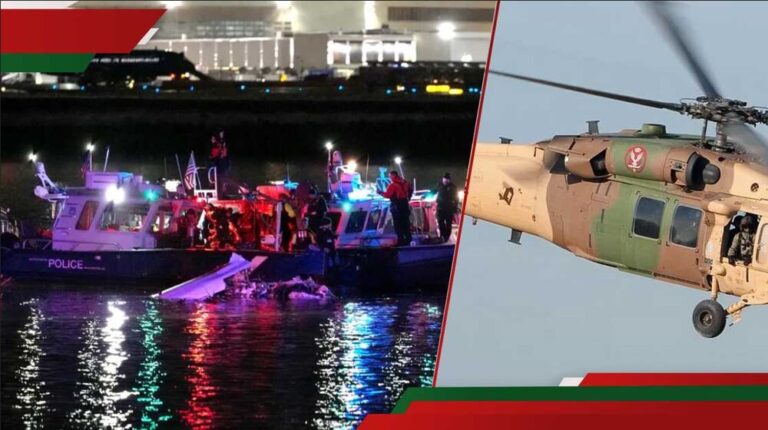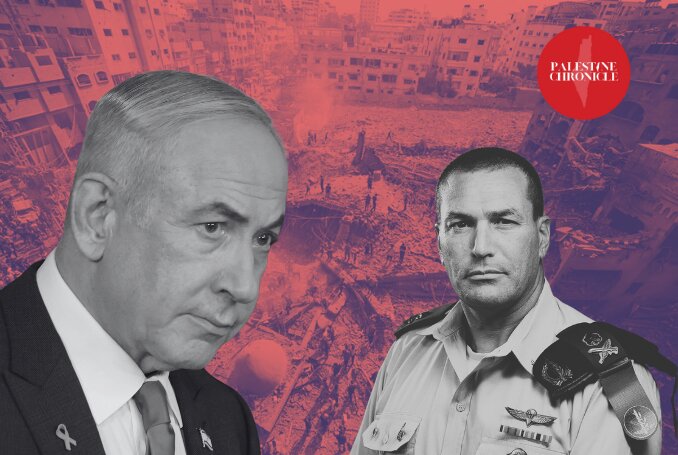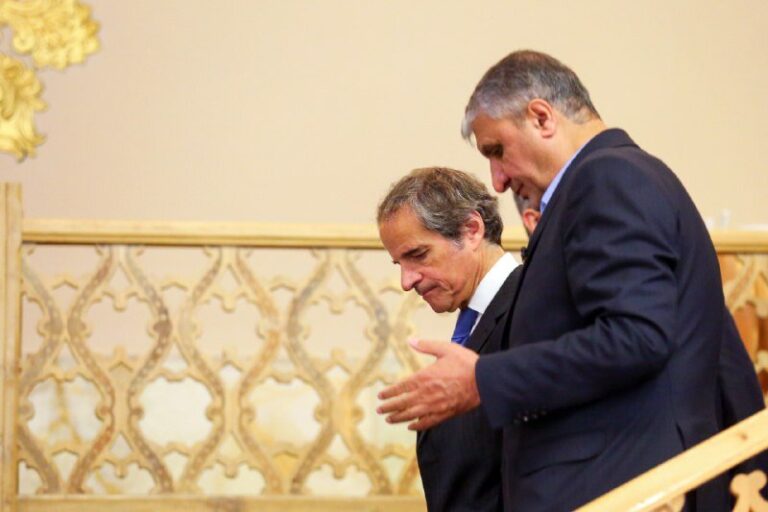PKK’s Groundbreaking Transformation: From Armed Insurgency to Political Power and Its Impact on Regional Dynamics
The disbandment of the Kurdistan Workers’ Party (PKK) marks a pivotal moment in Middle Eastern geopolitics, significantly affecting Turkey, Iran, Iraq, and Syria. This decision, following a call from imprisoned leader Abdullah Ocalan, has the potential to reshape the landscape of the region and introduce new dynamics in the quest for peace.
The PKK, designated as a terrorist organization by Turkey, the United States, and the European Union, has engaged in a four-decade-long insurgency aimed at achieving Kurdish independence. The recent announcement of its dissolution and shift towards a political movement has raised cautious optimism, although questions about lasting stability linger.
The PKK’s Decision and Its Context
The PKK’s decision to cease its existence was made during the 12th Congress held in northern Iraq. This marks a significant transition from a militarized struggle to a political approach after years of conflict that resulted in over 40,000 casualties.
According to the Firat News Agency, the impetus for this change stemmed from a February plea by Ocalan advocating for peaceful methods to address the evolving demands of the Kurdish people. The PKK, which has historically sought an independent Kurdish state, has recently shifted its focus towards autonomy and cultural rights within Turkey. However, the use of violence has led to its classification as a terrorist group by various nations.
The PKK’s decision comes on the heels of multiple factors, including intense military pressure from Turkey and shifts in regional alliances. Notably, this announcement follows a unilateral ceasefire declared in March 2025.
Implications for Turkey and the Region
Turkish President Recep Tayyip Erdogan has described the PKK’s decision as a “critical threshold” toward achieving a “terror-free Turkey.” However, he stressed that this disbandment must also include all PKK affiliates operating in Iraq, Syria, and Europe.
This pivotal move could lead to significant political reforms for Turkey’s Kurdish minority, which makes up about 20% of the population, and may help alleviate tensions in northern Syria, where Turkish forces have engaged with PKK-linked Kurdish militias.
Despite these hopeful prospects, skepticism remains. Turkish Foreign Minister Hakan Fidan highlighted the government’s intention to monitor the PKK’s compliance, indicating that trust is still fragile.
Impact on Iraq and Syria
The PKK’s dissolution is likely to alter local power dynamics in both Iraq and Syria. Iraqi Kurdish leaders, who have historically navigated cooperation with Turkey while supporting Kurdish causes, may now feel pressured to distance themselves from any lingering PKK elements.
In Syria, the U.S.-backed Syrian Democratic Forces (SDF), which include PKK-affiliated units, may need to reassess their strategies in light of Turkish demands for demilitarization.
Iran’s Perspective on the PKK’s Disbandment
Iran has welcomed the PKK’s dissolution as a positive development for regional security. Foreign Ministry spokesperson Esmaeil Baghaei remarked that Iran considers this move “an important step toward rejecting violence and strengthening security.” This perspective reflects Iran’s broader strategic interest in maintaining stability along its western borders.
The disbandment of the PKK reduces the likelihood of cross-border insurgencies, contributing to a more secure environment in the region.
Broader Implications for Regional Peace and Stability
The dissolution of the PKK represents a critical juncture with far-reaching implications for peace and stability in the Middle East. In northern Iraq, where the PKK held significant influence, a structured disarmament process is anticipated, involving the coordination of intelligence agencies from Turkey, Iraq, and Syria.
This process will likely include:
- Cataloging of weapons
- Organizing the surrender of arms
The goal is to minimize armed conflict in the region. Beyond immediate security concerns, the disbandment of the PKK could open doors for economic development in areas affected by conflict. Turkey may aim to integrate these regions into national development plans, while Iran could take this opportunity to bolster cross-border economic cooperation, fostering broader regional collaboration.
However, challenges remain on the horizon. Doubts concerning the complete disarmament of PKK fighters and their reintegration into society persist. The potential for splinter groups to continue armed resistance cannot be overlooked. Furthermore, Turkey’s intricate political landscape—with ongoing restrictions on pro-Kurdish parties and the arrest of opposition figures—raises concerns about the inclusivity of the peace process.
Despite these hurdles, the PKK’s disbandment presents a rare opportunity for de-escalation and regional cooperation. For Iran, achieving a more stable western border enhances national security and economic relationships.
Ultimately, the success of this initiative will hinge on effective disarmament, inclusive political dialogue, and sustained international support for transparent peace-building processes that prioritize minority rights and long-term conflict resolution.






